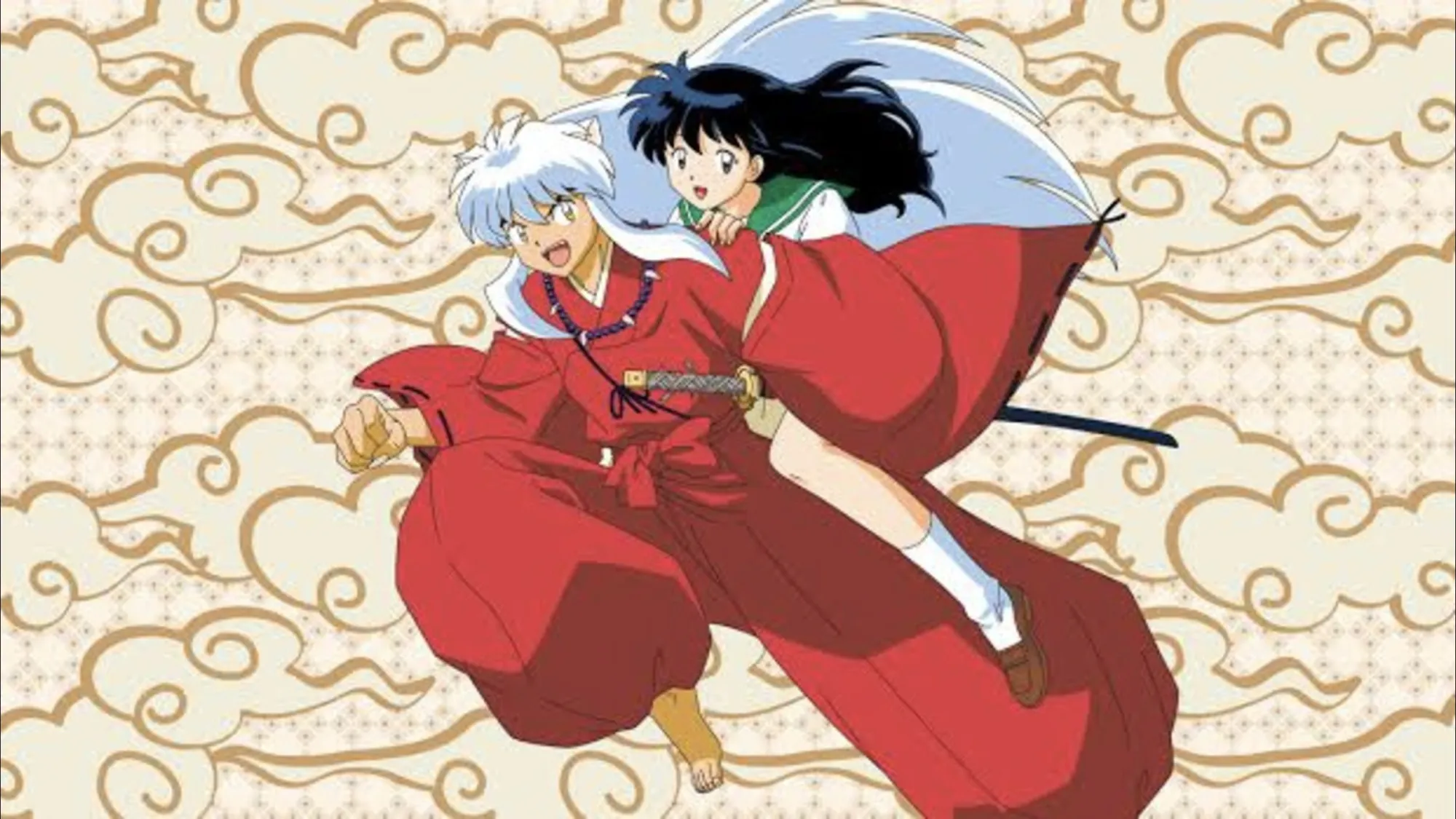
Shonen manga gave the world a taste of what action feels like on paper. It gave us some of the most unforgettable stories featuring epic adventures, high-stakes battles, and characters who stay with us long after turning the last page. But behind these mangas are some equally great writers, each with their own unique way of weaving a story. These authors don’t just write and draw – they give birth to complex worlds, develop emotional journeys, and shape the very core of the shonen genre.
Of course, there are a lot of great shonen manga writers out there, but this list focuses on the very best of the best. These writers have made a fortune out of some of their best works, and we have seen most of them in action on our screens as well. On top of that, each of these writers have their own signature style that sets them apart from the rest. Some are famous for their complex narrative, while others are known for their quirky way of storytelling. But all of them know how to keep their readers hooked till the very last page.
10) Haruchi Furudate
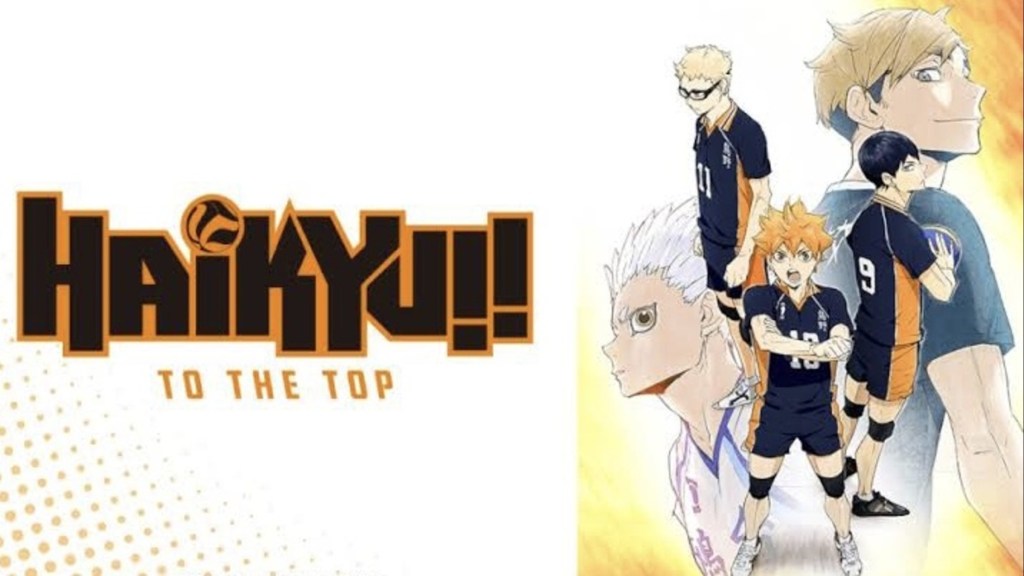
Best known for the sports manga, Haikyuu!, Haruchi Furudate is more of a mysterious mangaka who has managed to remain lowkey so far. He started his manga career with Yotsuya Sensei’s Ghost Stories, but later shifted towards his volleyball-based masterpiece. What makes Haikyuu! one of the best sports manga is that the protagonist is not an individual; it’s the entire game of volleyball.
Furudate used character development to focus on the game rather than the other way around. He patiently explained the nature of volleyball throughout the plot so even non-sporty readers could enjoy it. Another thing fans love about his work is how each character is written in a realistic way, and even side characters are given enough attention and screen time (or in case of mangas, page time).
9) Tatsuki Fujimoto
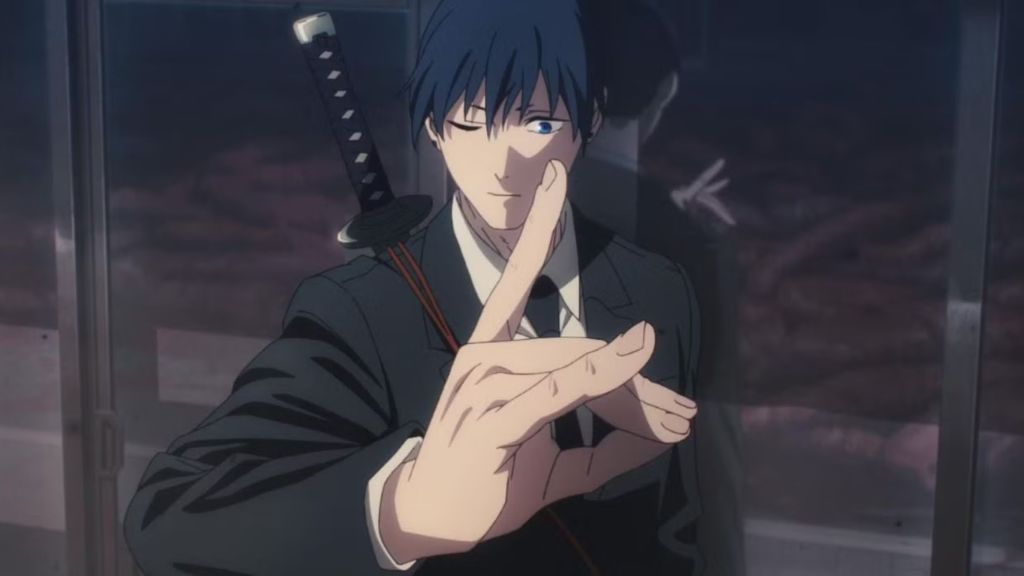
Fujimoto’s writing thrives in chaos. He blends multiple genres in ways that seem fresh and disturbing at the same time. You will notice quiet, emotional moments followed by sudden bursts of violence and absurdity. This haphazard writing style makes Fujimoto one of a kind, and fans love him for it.
In contrast, Fujimoto loves keeping his readers hooked by making them predict what happens next, but then subverting these expectations by throwing a frenzy ball of gore at them in the very next chapter. By his own admission, this style of his is inspired by Korean films where you can predict what happens next, but the directors cleverly outsmart you.
The mangaka has also stated that he “doesn’t like character-driven plots,” which is an element you can clearly notice in some of his best works like Fire Punch and Chainsaw Man. Denji is a product of his circumstances, thrust into the world of devil and hybrids and forced to fight for survival. And while all of Fujimoto’s characters are well-written, they are also all flawed, which makes them refreshingly human and easy to relate to.
8) Rumiko Takahashi
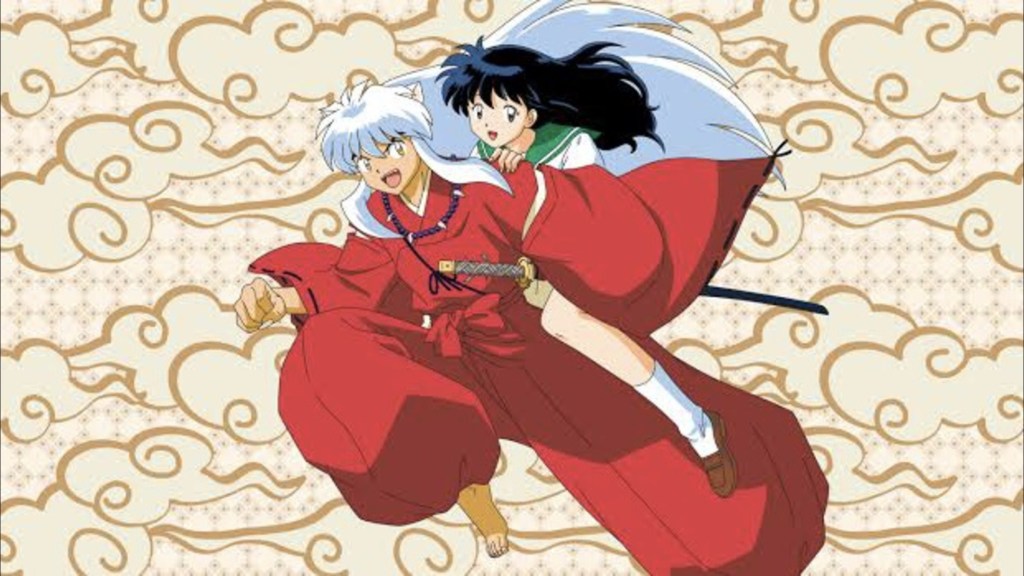
One of the highest paid female authors in the world, Rumiko Takahashi became known for writing female leads that start as harsh characters. But gradually mellow down to a warmer, friendlier personality. Now, this type of character development is known as “Tsundere,” and we have Takahashi to thank for this gift.
Her famous works, Urusei Yatsura and Inuyasha, both had female leads, despite being Shonen targeting a primarily young male audience. Her writing style incorporates comedy with darker themes from history (as evident in Inuyasha). But more than that, her jokes are witty and clever, her characters hilarious, and her side characters ready to play comedic relief whenever needed. As a result, Takahashi’s manga is pretty much guaranteed to make you smile from ear to ear while you get immersed in the plot.
7) Hajime isayama
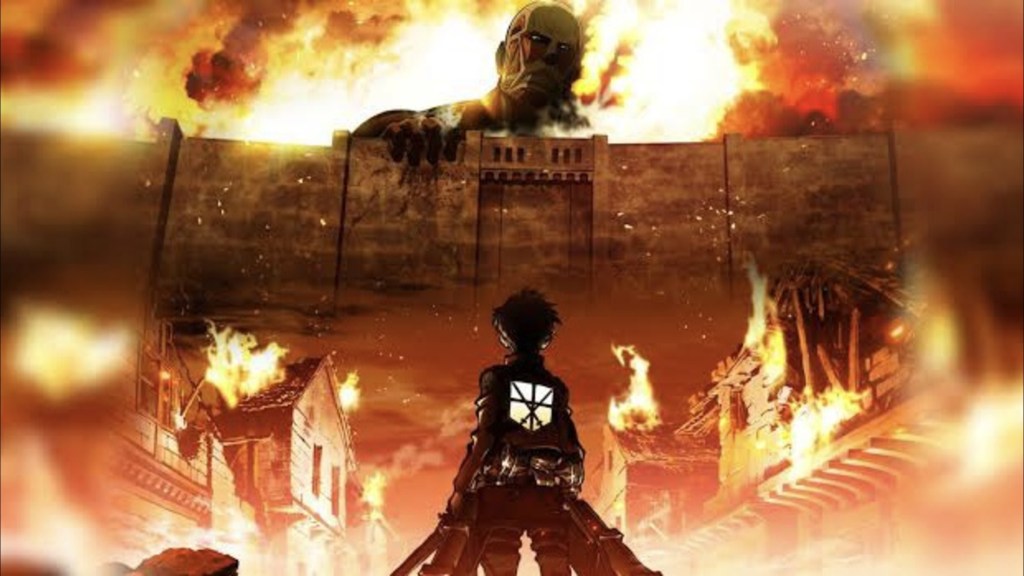
Even though he is much younger and inexperienced compared to many of the other big names on this list, Hajime Isayama earns his place here thanks to his record-breaking manga, Attack on Titan. Despite being his first ever published manga, it has sold over 140 million copies since 2009. Proving that Attack on Titan isn’t just a manga and anime; it’s a cultural shockwave.
Isayama cleverly incorporated themes of war and oppression into his work, taking inspiration from WW2 to weave a story that’s truly one-of-a-kind. But he didn’t stop there. His writing also explored more complex themes like freedom, morality, and consequences of war. This ruthless writing style made him a famous name among fans in a short span of time. And while readers may have divided opinions about Attack on Titan’s ending, no one can truly deny the genius that Isayama put into this masterpiece of a manga.
6) Yoshihiro Togashi
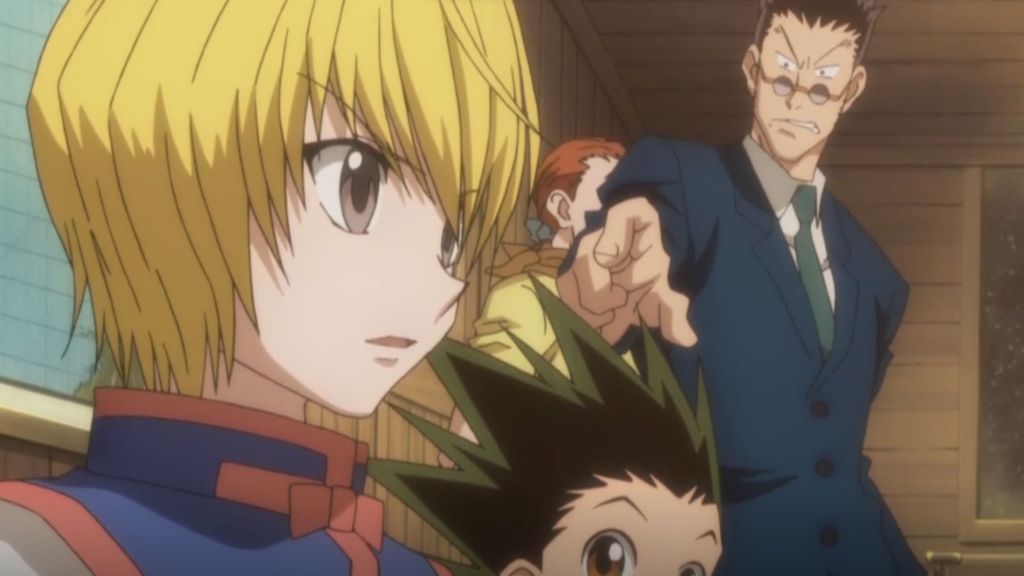
Togashi is known to be a mangaka with a mind of his own. He writes the way he likes. Or more accurately, he writes how his characters want themselves to be written. He knows his characters so well, he can put any character in any situation, see what options are there to proceed with, and choose the most suitable one without seeming like he’s forcing the story. That’s how Togashi came up with YuYu Hakushi and Hunter x Hunterboth of which are considered some of the best manga of all time even today.
Togashi’s art style might feel raw, but his focus on character development and near-flawless world-building makes up for it. Readers love how unpredictable yet real the characters are. One interesting fact about his writing style is the way he switches between comedy and gory action. Just when you’d love a character for their silly design, Togashi turns him into a mighty force. Readers love this versatility in Togashi’s manga, and that is exactly what sets him apart.
5) Masashi Kishimoto
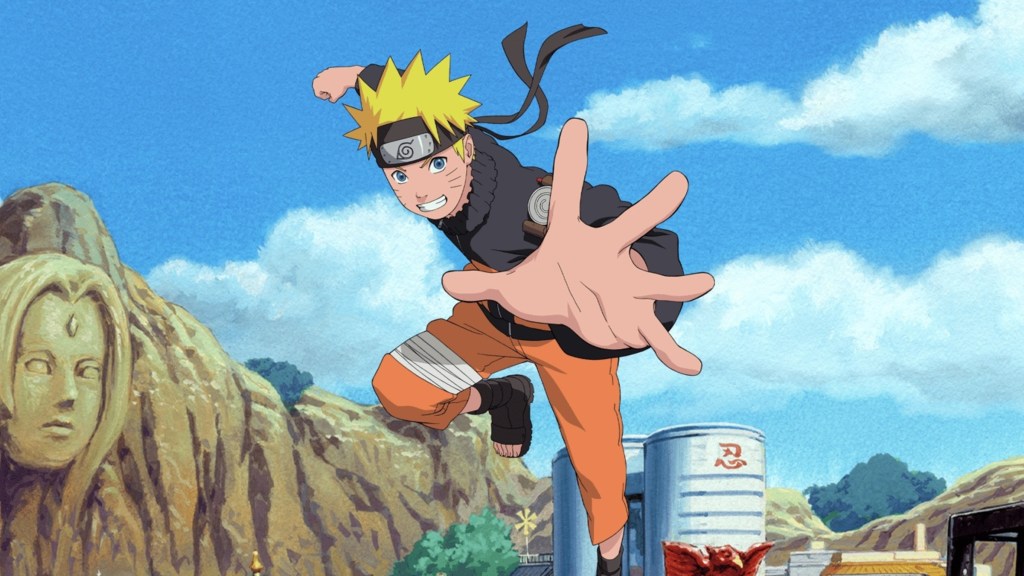
Masashi Kishimoto blends emotions and action along with character development that feels real and organic. His characters show tremendous evolution throughout his manga, and they are sure to stay with you long after you finish it. One great thing about Kishimoto’s writing is that he uses his own life experiences to incorporate depth into his character’s development. For example, when Kishimoto got married and had kids while writing Narutohe decided to have Naruto meet his parents as well.
His most famous work, Naruto, has sold over 250 million copies so far. Interestingly enough, Kishimoto is heavily inspired by Akira Toriyama, and he loosely based Naruto’s character on Goku from Dragon Ball as well. Yoshihiro Togashi is another favorite of his, and he lets these inspirations drive him in building his character’s world.
4) Hiromu Arakawa
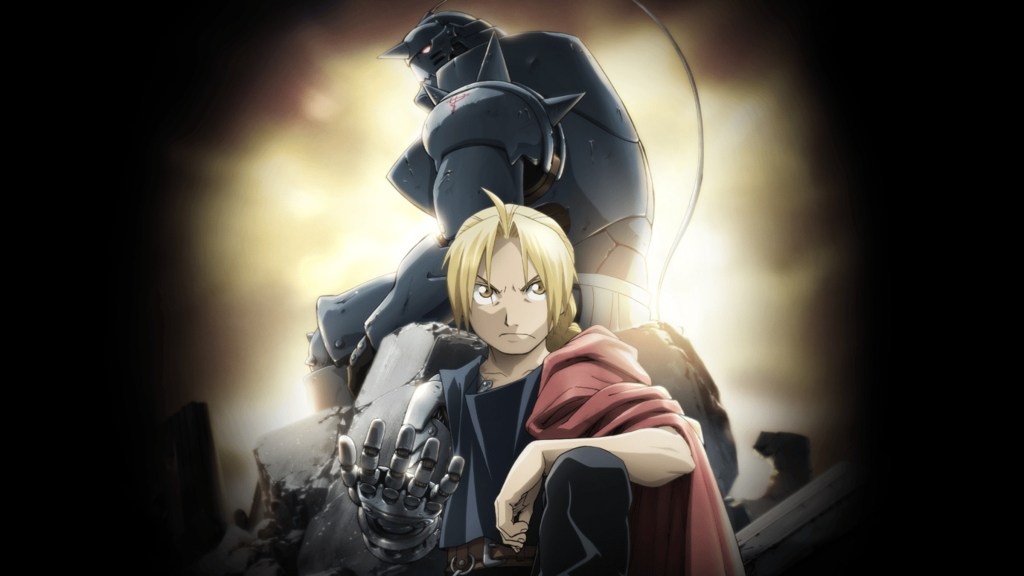
Hiromu Arakawa is best known for Fullmetal Alchemist and Silver Spoon. Both of these manga are poles apart in genre and yet we can clearly see her straight forward writing in both of them. Arakawa focuses on the plot and characters more than making the storyline lengthy and complex. When she sets goals for her characters, she follows them through without dragging.
Like many other manga writers, Arakawa uses comedy to tone down the impact of darker themes in her work. She explores themes of war, sacrifice, and family bonding quite effortlessly in her writing. As is obvious in Fullmetal Alchemist, Arakawa is especially talented at depicting relationships like sibling dynamics that add depth to the plot.
3) Osamu Tezuka
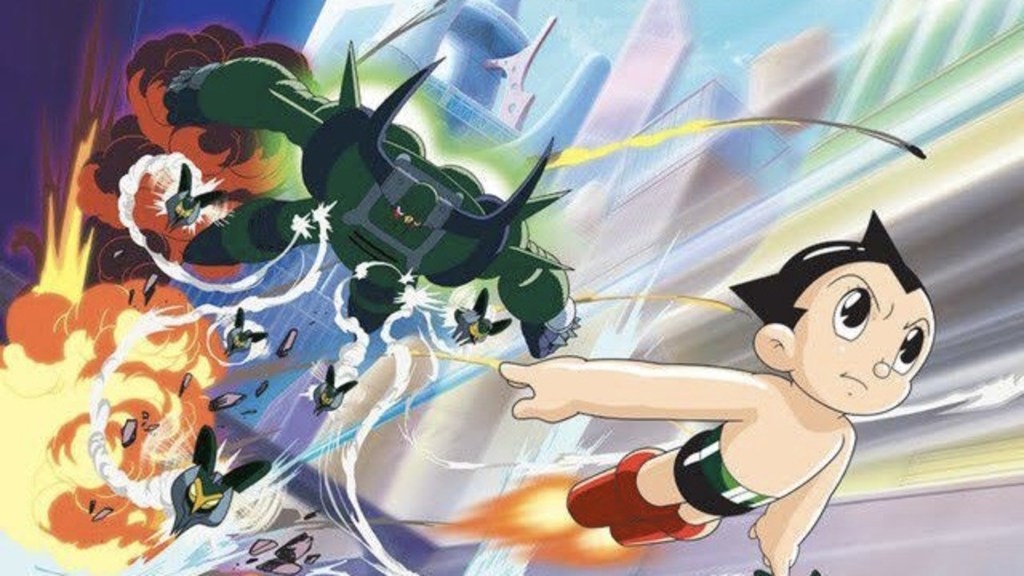
Osamu Tezuka set the stage for shonen manga and lived through it. Starting with Treasure Island and gaining attention with Astro Boyhe became famous among younger readers. But Tezuka later changed his style towards more adult themes and came up with manga like Buddha and Black Jackall of which did great in the industry.
Tezuka is an inspiration for so many modern-day mangaka and rightly so; his works revolutionized the manga industry in Japan and brought recognition to it worldwide. He is known for taking motivation from the West and applying it in his manga. He borrowed ideas from film, like close-ups, panning shots, and scene transitions to make his writings feel like a movie. He also used his characters in different roles across his works, just like real-life actors do.
2) Eiichiro Oda
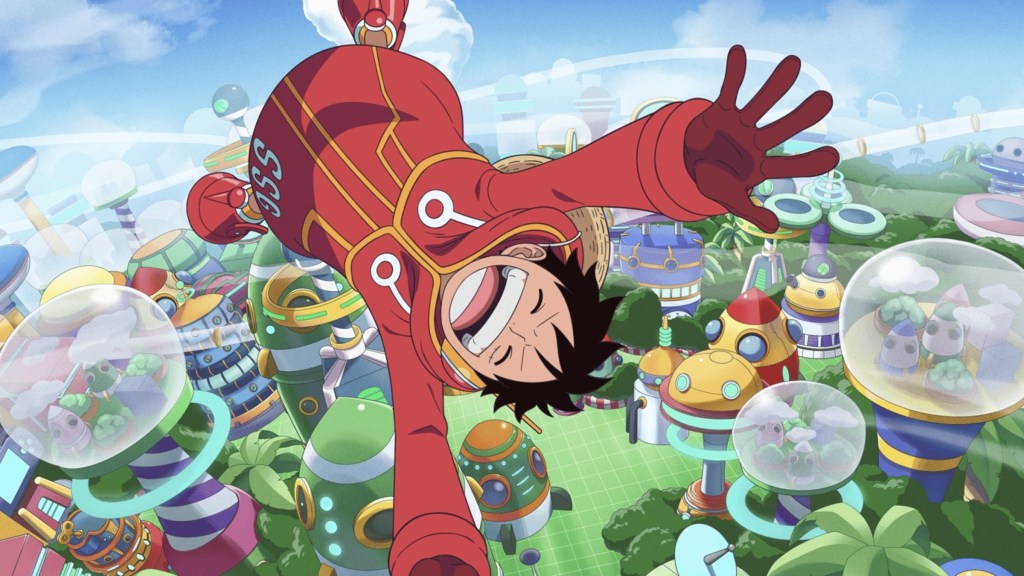
Often cited as one of the greatest manga writers of all time, Eiichiro Oda is a master of storytelling. His most famous and best-selling manga of all time, One Piece, has been ongoing for the last 28 years, selling more than 516.6 million copies. Despite this long run, his storylines have never wavered even a bit.
Oda uses godlike foreshadowing to keep his universe extremely complicated, yet everything ties up nicely. His writing style doesn’t leave loose ends, keeping his readers hooked and his fanbase ever expanding. Moreover, his attention to detail, especially when planning each character, is a treat for readers. Oda has a habit of bringing back old foes where we least expect it while keeping the main characters developing naturally. And this type of commitment to his work is exactly what makes Oda one of the greatest mangaka of all time.
1) Akira Toriyama
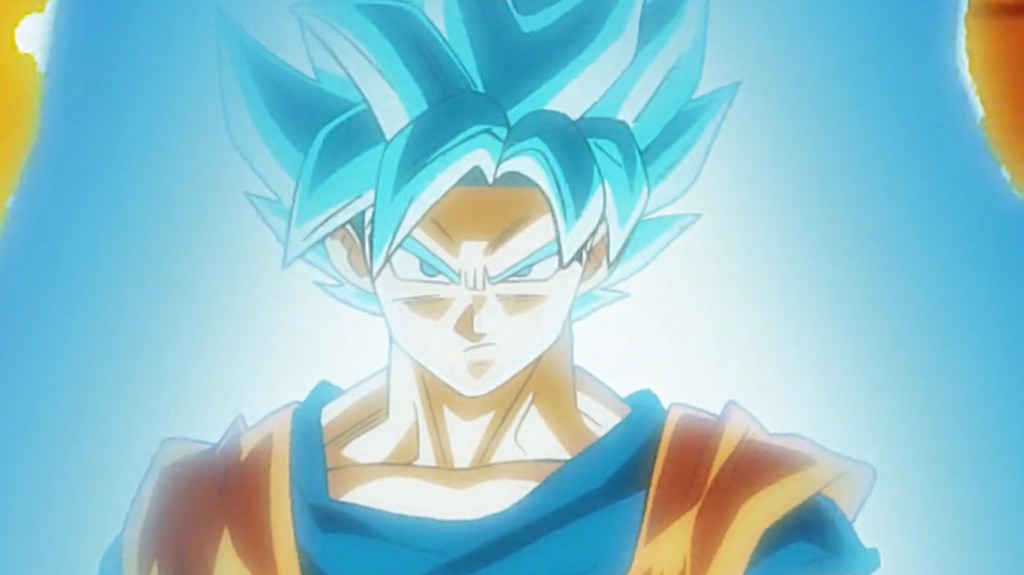
Famous for his quirky narrative and expansive universes, Akira Toriyama is best known for the Dragon Ball franchise and Dr. Slump. Toriyama’s writing style is playful, fast-paced, and often made up on the spot. He did not like overplanning or developing complex characters; rather, he’d create elements as he went and would find smart ways to tie them up later. His signature writing style used foreshadowing techniques and clever shortcuts to keep everything connected.
Of course, Toriyama’s success did not come overnight – most of it can be credited to editor Kazuhiko Torishima, who saw potential in the young mangaka and encouraged him to keep creating manga. Eventually, Dr. Slump managed to make him a household name, its use of puns, toilet humor, and sexual jokes making it a hit among teenagers. And later, Dragon Ball earned Toriyama worldwide recognition for his ever-expanding universe of humans, aliens, and everything in between.
Which of these Shonen writers are you a fan of? Leave a comment below and join the conversation now in the ComicBook Forum!
